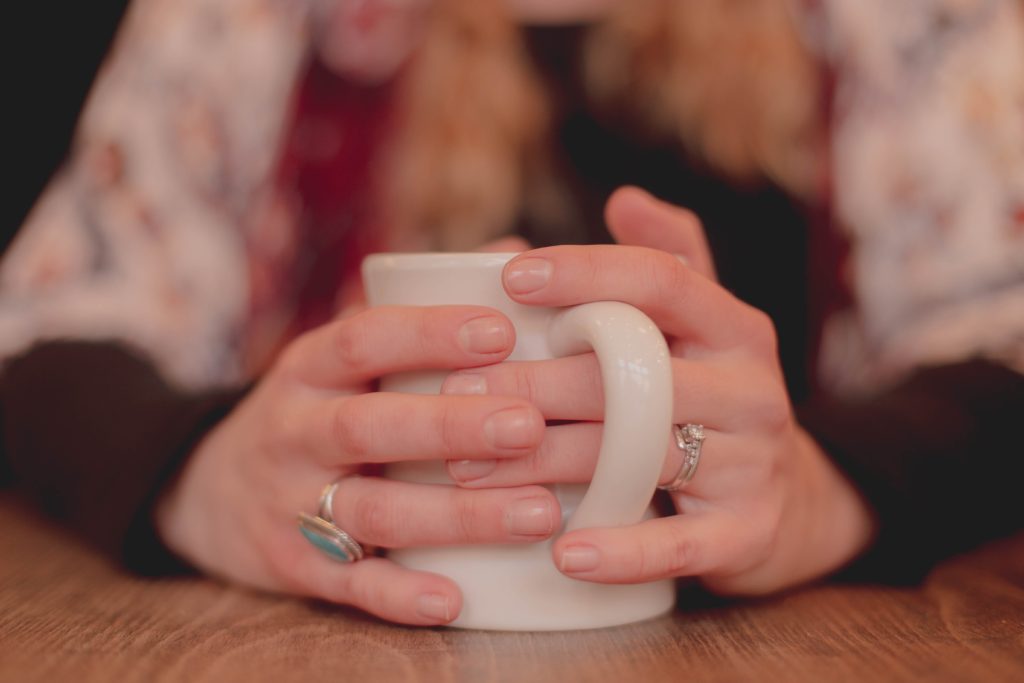Since my lovely dog walker is unwell, I have been taking Hermione to the puppy park once again. Despite the time commitment, the cold and the ruling out of any morning activities, it has turned out an unexpected boon.
While there recently, one of the regulars said that the puppy park was a kind of therapy, and she is absolutely right. Combining exercise, fresh air, good company and fluffy companions, it ticks all the boxes. And you don’t have to own a dog to enjoy them.
An urban idyll
The park is only a five minute’s drive away, set in a quiet neighbourhood next to my children’s old primary school. Behind is a Victorian cemetery and to the side a modern church. All of these lend the park an air of peace. And, despite being in the centre of the Old Town, feels like the countryside.



My heart lifts whenever I look up to the Downs beyond or the wide skies. Worries take on their correct proportions and disappear.
On days like today (when it was snowing earlier) we are exposed to the rigours of the cold. Indeed, facing whatever weather we are offered is good for us. The dog needs walking regardless – and battling the elements merely boosts our resilience. Today, I didn’t have my cold shower. Forty-five minutes in zero degrees was enough!
Exercise!
My ability to exercise is naturally not great, but a trip to the puppy park at least ensures that I get in a few more steps than normal. On good days, I might walk or stand for most of the time; on bad, I can enjoy the experience from the bench at the back.
The only problem is that one has to take care where one walks. The dogs have clearly not read the no digging signs and the ground is a mine field of craters. Mud and wet grass also pose their own challenges – but it does help sharpen my concentration. Fortunately, most owners pick up after their pets, though it is wise to keep an eye out for such hazards also.


Sensory meditation
For those who struggle with regular meditation techniques, the park on a quiet day, is an ideal place to practice. This morning, since it was so cold, there were few people there and at one point, no-one. I could relax and observe the magpie strutting across the grass; listen to the high voices of the children in the playground and enjoy the chill hand of the wind on my cheeks. The world smelled newly laundered.
A warm welcome
But undoubtedly the best part of our visits is the welcome you receive. Dog walkers are a democratic bunch. The only requirement for joining ‘the gang’ is a canine companion. Seldom have I been in any context where strangers are invited in so openly. Not everyone wants companionship and may walk the perimeters with their thoughts, but most of us steer towards the gaggle at the centre of the field.

Park society
They come from every station in life and it is delightfully egalitarian. You may be rich or poor, employed or retired, able bodied or unwell. It doesn’t matter. What binds us is our love for dogs (and other animals). These are kind hearted folks who take the time necessary to care for their pets and many have rescued more than one from dreadful fates.
Over time, you meet the same people and share news, but even if you only meet once, people often open up in unexpected ways. Do they know that here they won’t be judged? People share their worries and their fears, information about health problems and relationship woes. They listen too with interest to yours. Sometimes there are tears; often there are hugs. We share tips and commiserate and feel better for the understanding.
There is much laughter too. A couple of regulars seem to try to outdo each other creating crazy and witty stories we all enjoy. One lady announced, to our bemusement, that she had, ‘Picked up her new partner off the street.’ Like a comedian, she waited for our reaction then followed with the line, ‘Well, from a hole actually’. Eventually, the whole story was revealed: her new man was a gas engineer working across the road where she struck up a conversation and asked him out.
Though not everyone gets on – we are human, after all – it never sours the atmosphere of the park. There is room for all.



How much cuteness can be contained in a fur coat?
Dog therapy
The action of stroking a dog or pet is itself a happy hormone booster, so getting to stroke several is better still (dogs benefit equally). Added to all of the above, the park is certainly a great way to strengthen one’s mental health.
For those of us with disabilities or health issues, it gives a welcome and necessary break from the home and great social interaction. I am blessed with a full house, but for those who live by themselves, the park provides its own family. And if you don’t have a dog? No matter, most owners would welcome a break from their duties occasionally and some are no longer able to walk their dogs as they would like.
There is an organisation called Borrow My Doggy that matches busy owners with those who would like a dog, but cannot care for one full time. One darling man I met recently suffers from chronic fatigue and walks the dog of a lady with MS. He loves the freedom of the arrangement and the owner is delighted with the help: a win-win.
An outing to the dog park may never appear on Tripadvisor, but I’d give it five stars any day.




















